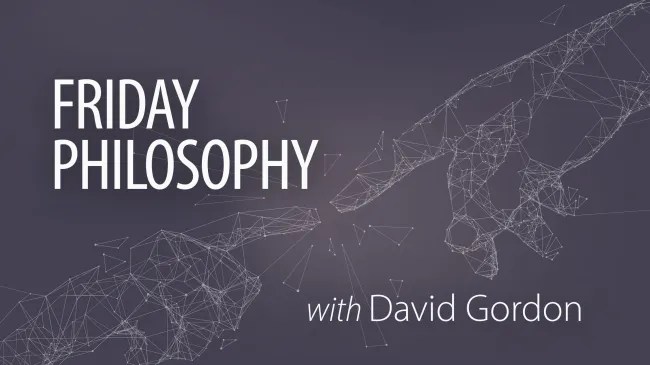Orwellian Libertarianism: The Topsy-Turvy World of Walter Block
Walter Block has attempted to reconfigure libertarian thinking in regards to self-defense. Unfortunately, his theories are illogical, Orwellian, and conflict with Murray Rothbard‘s clear thinking on the issue.





